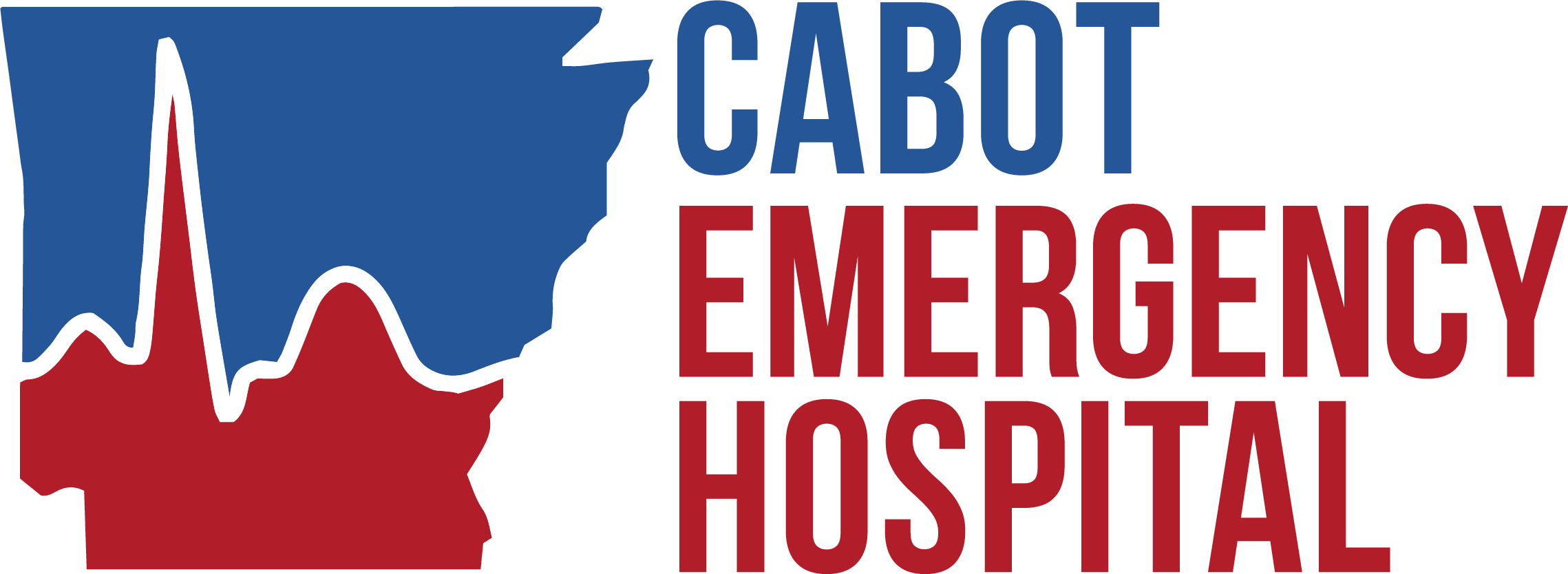Does the warmth of a freshly brewed cup of coffee give you the strength to tackle the day?
We all know the feeling of relying on our trusty friend caffeine to get us through a busy day when we can’t afford to be groggy. But, at what point does our dependency start to affect our health?
March is National Caffeine Awareness Month, a time to look into our daily habits and reevaluate their benefits!
What is caffeine?
Caffeine is a natural energizer that stimulates the brain and nervous system. Its appeal lies with its ability to help us stay alert and prevent the signs of tiredness. And according to historians, the use of caffeine can be traced back to the first brewed tea in 2737 BC.
Besides the obvious caffeine contributors like soda, coffee, and tea, other less-known items that contain caffeine include certain types of chocolate/cocoa, granola bars, smoothies, pain relievers, and ice creams.
Over caffeinated
Caffeine has its perks, but it has its problems too. One of the most significant dangers of consuming too much caffeine is the damage it does to your adrenal glands.
Your adrenal glands sit on top of your kidneys and release hormones into your body when we experience stressors. Adrenal glands activate our fight or flight response, which is designed to keep us alive in the face of danger.
When caffeine enters our system, our adrenal glands produce adrenaline, so the more that’s consumed, the more burned out the adrenal glands become. This interferes with the glands’ abilities to produce the stress hormone cortisol, which is responsible for keeping the body alert all day and asleep all night.
However, your morning cup of joe or 3 pm green tea isn’t necessarily an issue. As with most things, the trick to keeping your caffeine intake healthy is all in the moderation. Over-stimulating your adrenal glands can have both physical and mental effects on your body.
If you’re experiencing these things for unknown reasons, you may be over-caffeinated:
- Raised blood pressure
- Jitteriness
- Increased anxiety
- Insomnia
- Headaches
- Rapid heart rate
- Aging and wrinkling skin
- Indigestion
What’s in your cup?
Everyone’s body is different when it comes to processing caffeine, but unlike carbs and calories, it’s not as clear how much caffeine we’re consuming with each product.
What one cup of tea does to some, may take 2 red bulls to do to others. According to health officials, up to 300-400 milligrams (mg) of caffeine daily is considered safe for healthy adults.
Here’s a general guide to what’s in your cup:
- 1 can of Coca-Cola = 23-35 mg
- 1 cup of green tea = 35-70 mg
- 1 cup of coffee = 95 mg
- 1 can of Red Bull = 111 mg
Cut back
The best way to help your adrenal glands is to limit the amount of caffeine you consume on a daily basis.
Two effective ways to approach cutting down on caffeine is to consume less of it and get better quality sleep, so you’re not relying heavily on it. Some people experience caffeine withdrawal when they decrease their usual amount.
Symptoms of caffeine withdrawal include:
- Sleepiness
- Anxiety
- Irritability
- Headache
- Constipation
The severity of these side effects range, but usually go away once your body has adapted to your new habits. To lessen your withdrawal, ease into cutting back by switching to decaf after a cup of caffeinated coffee or tea, watering down caffeinated drinks, or ordering smaller sizes.
Did you learn something new from this article? Share with your friends to spread the word about National Caffeine Awareness Month!
Disclaimer: As a service to our readers, Cabot Emergency Hospital and Nutex Health state no content on this site, regardless of date, should ever be used as a substitute for direct medical advice from your doctor or other qualified clinicians.
Nutex Health, Inc supports you and your family’s health. Cabot Emergency Hospital is always ready to provide the emergency care you deserve, 24 hours a day, 365 days a year.





Comments are closed